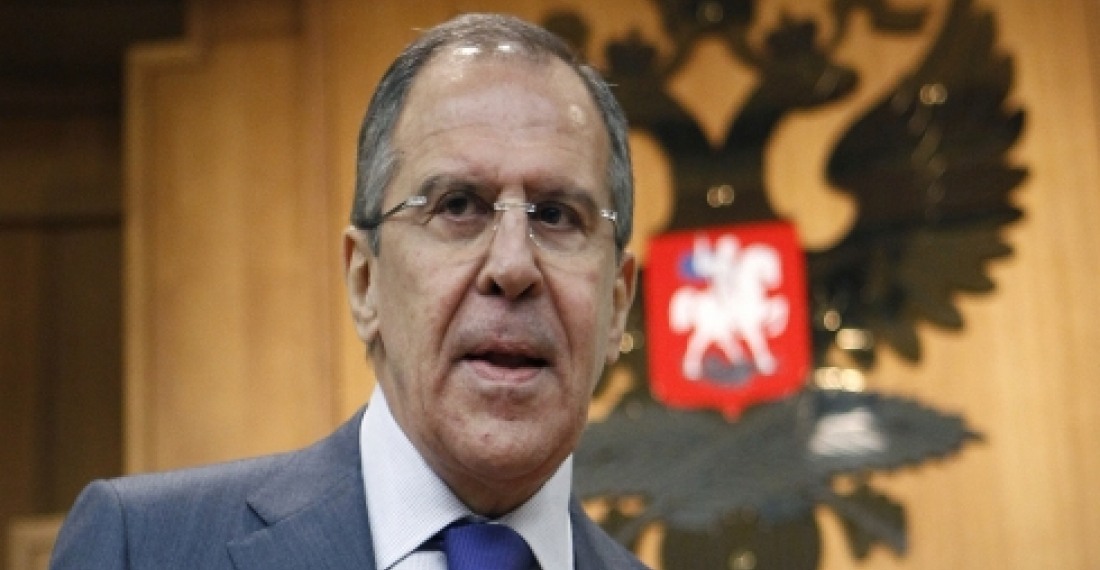Выступая на этой неделе перед журналистами галва МИД России, Сергей Лавров, заявил, что его страна владеет информацией о том, что "игиловцы используют эту труднодоступную территорию [речь о Панкисском ущелье] для того, чтобы там тренироваться, отдыхать и пополнять свои запасы" - сказал министр.
Лавров также сказал, что были случаи, когда задерживали террористов в Панкисском ущелье, и, по собранным сведениям, они имели отношение к ИГ.
30 января президент Грузии, Георгий Маргвелашвили, в сопровождении посла США и посла ЕС побывал в Панкисском ущелье. Отвечая на вопрос журналиста касательно заявления Лаврова президент Маргвелшвили сказал, что не собирается комментировать слова Лаврова.
"Я нахожусь здесь в сопровождении послов от ЕС и США, а также с журналистами, и вы видите своими собственными глазами, как здесь спокойно," сказал Президент.
Отвечая на тот же вопрос посол от США сказал следующее: "Мы, конечно, очень тесно сотрудничаем с Грузией в борьбе с терроризмом. В Панкисском ущелье нет тренировочных лагерей террористов."
Премьер-министр Грузии, Георгий Квирикашвили, также сделал заявление по этому поводу, в частности он сказал: "На сегодняшний день из Панкисского ущелья не исходит никакой террористической угрозы, в этом плане у нас будет диалог с Россией по имеющимся каналам и мы максимально предоставим им информацию, чтобы у них было правильное представление о ситуации в ущелье."
В августе 2002 года МИД Грузии сделал заявление о том, что Панкисское ущелье подверглось бомбардировке группой российских самолетов. Тогдашний Министр обороны России Сергей Иванов опроверг это утверждение.
В Панкисском ущелье проживают главным образом кистинцы - так называют чеченцев из Грузии, которые являются потомками переселенцев XVI-XIX века. Имеются также грузинские и осетинские населённые пункты. В 1990-х 2000-х годах здесь же обосновались беженцы из Чечни, покинувшие её во время первой и второй чеченской войны. По данным на февраль 2008, в ущелье проживало около 600 беженцев из Чечни.
источник: commonspace.eu по материалам civil.ge, tass.ru и других медиа







